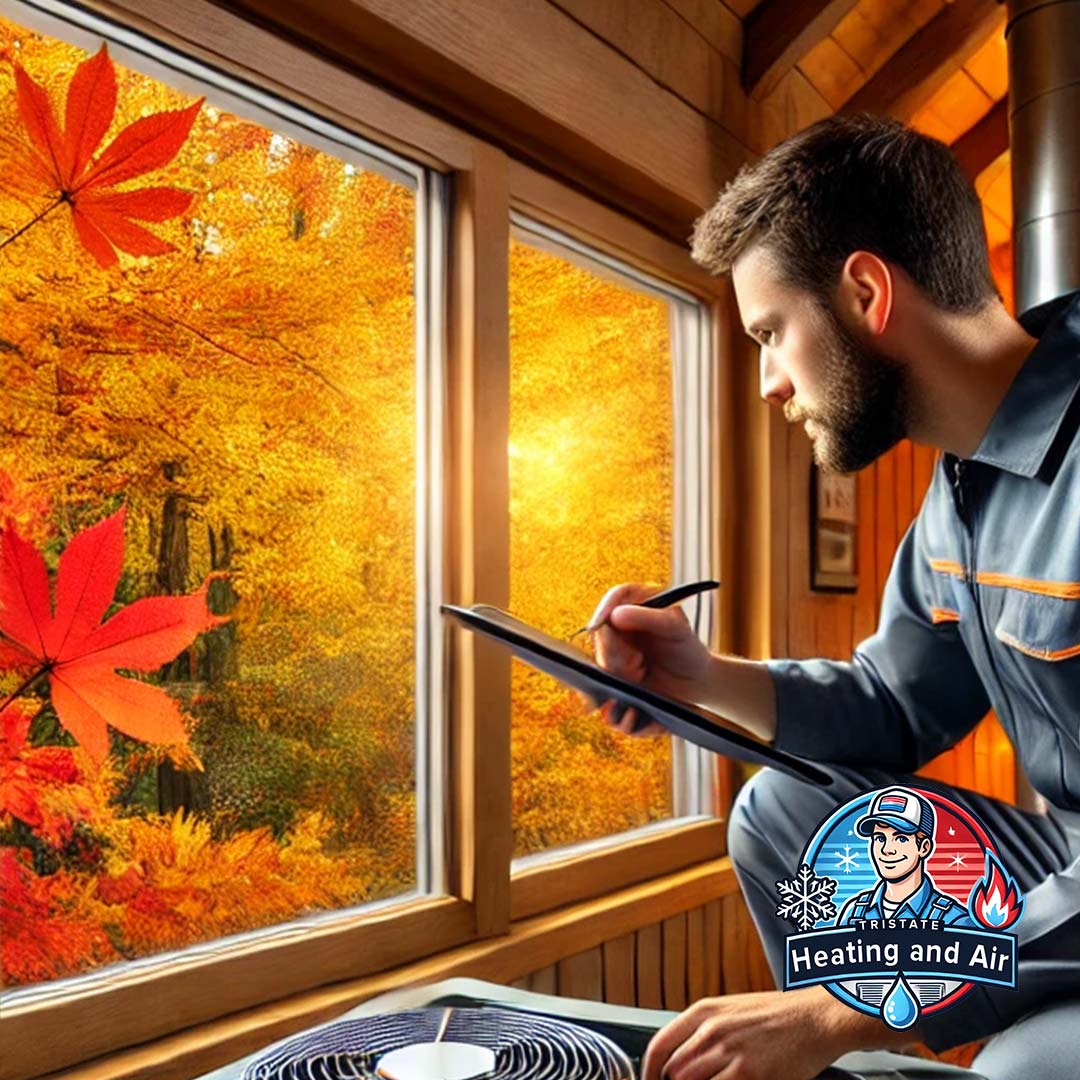How Your HVAC System Can Combat Fall Allergies: Essential Preparation Tips
As the leaves change color and the temperatures drop, fall brings a welcome relief from the summer heat. However, for many people, it also signals the start of allergy season. Common fall allergens like ragweed pollen, mold spores, and dust mites can make this season uncomfortable for allergy sufferers. Fortunately, your HVAC system can play a significant role in reducing indoor allergens and improving air quality. This guide will provide essential tips on preparing your HVAC system to combat fall allergies effectively.
Understanding Fall Allergens
Before diving into HVAC solutions, it's important to understand the common allergens that prevail during the fall season:
- Ragweed Pollen: Ragweed blooms from late summer into the fall and is a leading cause of seasonal allergies.
- Mold Spores: Damp leaves and decaying vegetation create ideal conditions for mold growth, which can easily enter your home.
- Dust Mites: As we spend more time indoors during cooler months, dust mite exposure increases, leading to heightened allergy symptoms.
- Pet Dander: Pets tend to spend more time indoors during fall, contributing to increased dander levels in your home.
Managing these allergens indoors is crucial for maintaining a healthy and comfortable living environment throughout the season.
The Role of Your HVAC System in Allergen Control
Your HVAC (Heating, Ventilation, and Air Conditioning) system circulates air throughout your home, making it a critical component in controlling indoor air quality. A well-maintained HVAC system can filter out common allergens, regulate humidity levels, and ensure proper ventilation, all of which contribute to reducing allergy symptoms.
Essential HVAC Preparation Tips for Fall Allergies
Implementing the following steps will help optimize your HVAC system's performance in minimizing fall allergens:
1. Replace Air Filters Regularly
Importance: Air filters trap airborne particles like dust, pollen, and pet dander. Over time, these filters become clogged, reducing their effectiveness and allowing allergens to circulate freely.
Action Steps:
- Choose High-Quality Filters: Opt for high-efficiency particulate air (HEPA) filters that can capture up to 99.97% of airborne particles.
- Replace Frequently: Change your air filters at least every 1-3 months, or more often if you have pets or severe allergies.
- Consider Reusable Filters: Washable filters can be cleaned regularly, ensuring consistent performance throughout the season.
2. Clean and Seal Air Ducts
Importance: Dust, mold, and other allergens can accumulate in your air ducts and spread throughout your home when the HVAC system is running.
Action Steps:
- Schedule Professional Cleaning: Hire a certified technician to thoroughly clean your air ducts, removing built-up debris and contaminants.
- Inspect for Leaks: Ensure all ducts are properly sealed to prevent the entry and circulation of additional allergens.
- Maintain Vents: Regularly vacuum and wipe down air vents and registers to prevent dust accumulation.
3. Maintain Optimal Humidity Levels
Importance: High humidity creates an ideal environment for mold and dust mites, while low humidity can irritate your respiratory system.
Action Steps:
- Use a Humidifier/Dehumidifier: Install devices to control indoor humidity, keeping levels between 30-50% for optimal comfort and allergen control.
- Monitor Regularly: Use a hygrometer to keep track of humidity levels and adjust settings as needed.
- Ensure Proper Ventilation: Make sure your home is well-ventilated, especially in areas prone to moisture like bathrooms and kitchens.
4. Install an Air Purification System
Importance: Air purifiers can effectively remove additional allergens and pollutants that standard filters might miss.
Action Steps:
- Choose the Right System: Consider installing a whole-house air purifier that works with your HVAC system for comprehensive air cleaning.
- Consider UV Purifiers: Ultraviolet (UV) light purifiers can eliminate bacteria, viruses, and mold spores, providing an extra layer of protection.
- Maintain Regularly: Follow manufacturer guidelines for replacing bulbs and filters to ensure continuous effectiveness.
5. Schedule a Professional HVAC Inspection and Maintenance
Importance: Regular maintenance ensures your HVAC system operates efficiently and effectively in reducing allergens.
Action Steps:
- Seasonal Check-Ups: Schedule professional inspections at least twice a year, preferably before the start of the heating and cooling seasons.
- Tune-Up Services: Technicians can identify and address issues like clogged filters, dirty coils, and mechanical problems that may contribute to poor air quality.
- System Upgrades: Discuss potential upgrades or enhancements, such as energy-efficient systems or advanced filtration options, with your HVAC professional.
6. Keep Outdoor Units Clean
Importance: Outdoor HVAC units can draw in allergens like pollen and mold if not properly maintained.
Action Steps:
- Clear Debris: Regularly remove leaves, dirt, and other debris from around your outdoor unit to prevent contaminants from entering your system.
- Trim Vegetation: Keep plants and shrubs trimmed back at least two feet from the unit to ensure proper airflow and reduce allergen intake.
- Inspect for Damage: Check for signs of wear or damage and address any issues promptly with professional assistance.
Benefits of Proper HVAC Preparation for Fall Allergies
Implementing these preparation tips offers numerous benefits, including:
- Reduced Allergy Symptoms: Cleaner air means fewer triggers for allergy sufferers, leading to improved health and comfort.
- Enhanced Energy Efficiency: A well-maintained HVAC system operates more efficiently, resulting in lower energy bills.
- Extended System Lifespan: Regular maintenance prevents breakdowns and prolongs the life of your HVAC equipment.
- Improved Indoor Air Quality: Effective filtration and purification systems ensure that the air inside your home remains clean and healthy throughout the fall season.
Conclusion
Preparing your HVAC system for fall allergies is a proactive approach to ensuring a comfortable and healthy living environment during one of the most allergen-prone seasons of the year. By following these essential tips, you can significantly reduce indoor allergens, improve air quality, and enjoy the beauty of fall without the discomfort of allergy symptoms. Don't wait until allergies strike—start preparing your HVAC system today for a healthier tomorrow.


